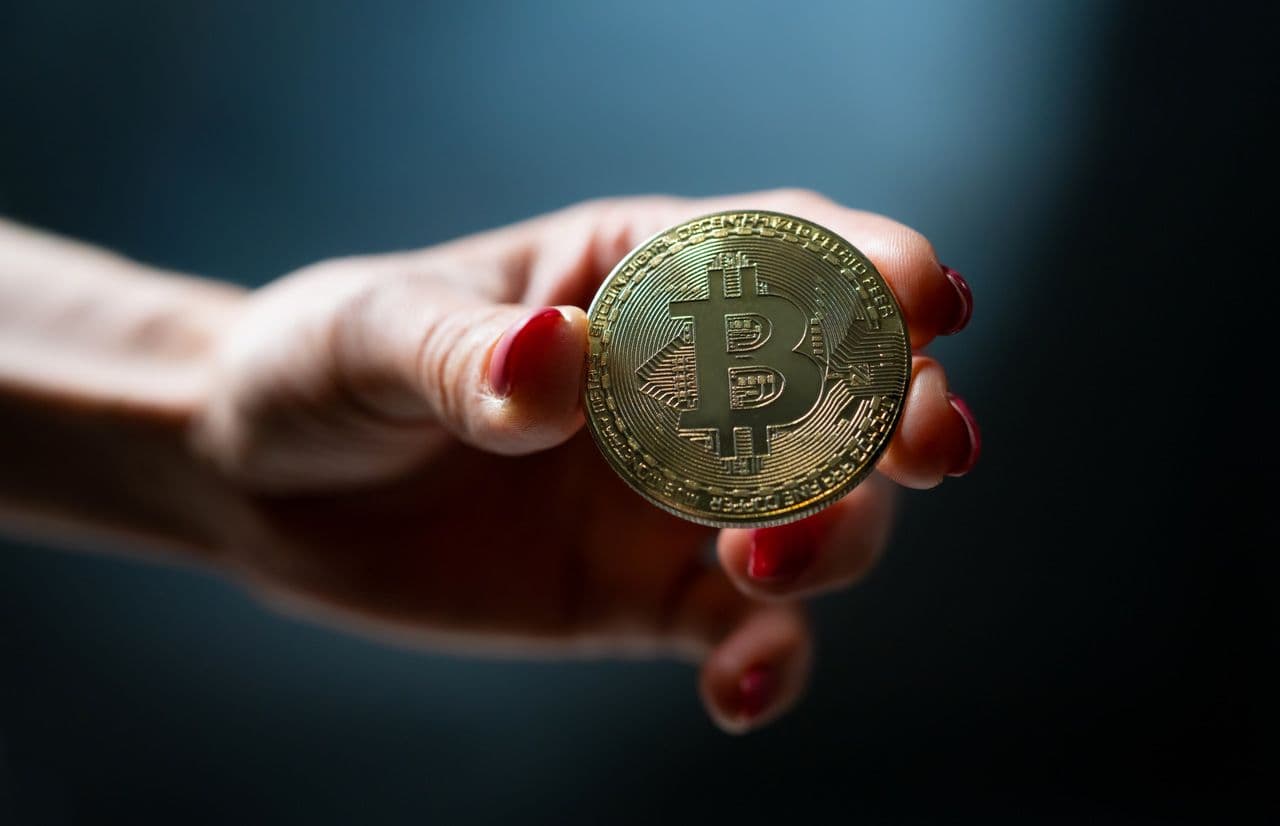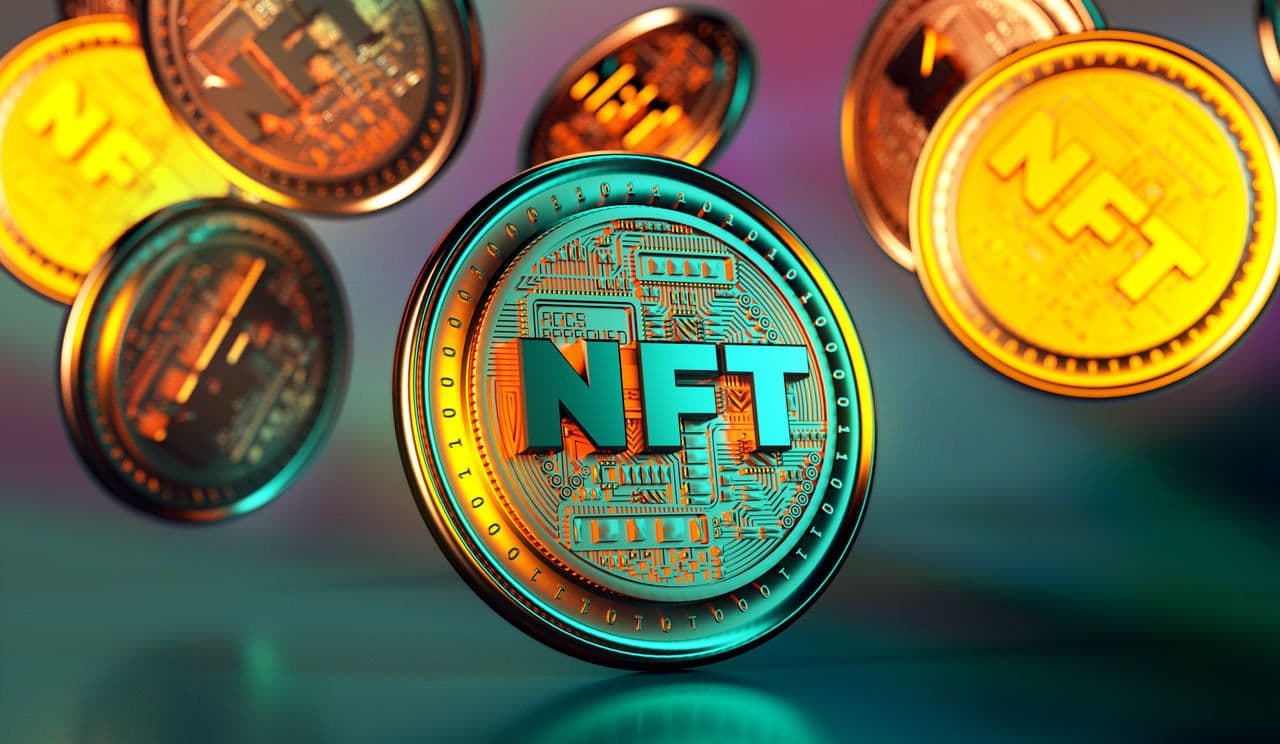Top 10 BRC-20 Tokens on Bitcoin
These tokens are gaining popularity in the crypto world due to their unique features and benefits. Here are the top 10 BRC-20 tokens

BRC-20 tokens are Bitcoin blockchain tokens produced using the Ordinals protocol. These tokens are gaining popularity in the crypto world due to their unique features and benefits. Here are the top 10 BRC-20 tokens:
Unlike other token standards that rely on complex smart contracts, the BRC-20 token standard has a simplified tokenization process that makes it simple to use.
1. (ORDI)
Ordi is the top BRC-20 token on Coinranking with a market cap of $201.23 million. It is a decentralized platform that allows users to create and trade NFTs.
2. Wojak Coin (WOJAK)
Wojak Coin is the second most popular BRC-20 token on Coinranking with a market cap of $12.18 million. It is a meme-inspired token that aims to bring humor to the crypto world.
3. Piza (PIZA)
Piza is a BRC-20 token with a market cap of $2.24 million. It is a decentralized platform that allows users to create and trade NFTs.
4. PEPE (PEPEBRC)
PEPE is a BRC-20 token with a market cap of $37.46 million. It is a meme-inspired token that aims to bring humor to the crypto world.
5. NALS (NALS)
NALS is a BRC-20 token with a market cap of $6.23 million. It is a decentralized platform that allows users to create and trade NFTs.
6. Moon (MOON)
Moon is a BRC-20 token with a market cap of $3.19 million. It is a meme-inspired token that aims to bring humor to the crypto world.
7. Trac (TRAC)
Trac is a BRC-20 token with a market cap of $1.92 million. It is a decentralized platform that allows users to create and trade NFTs.
8. Losercoin (LOWB)
Losercoin is a BRC-20 token with a market cap of $1.34 million. It is a meme-inspired token that aims to bring humor to the crypto world.
9. BSV (BSV)
BSV is a BRC-20 token with a market cap of $875,744. It is a decentralized platform that allows users to create and trade NFTs.
10. Geke (GEKE)
Geke is a BRC-20 token with a market cap of $442,007. It is a decentralized platform that allows users to create and trade NFTs.
What is the difference between BRC-20 tokens and Layer-1 coins?
BRC-20 tokens and Layer-1 currencies differ in several ways. BRC-20 tokens are generated on the Bitcoin blockchain using the Ordinals protocol, whereas Layer-1 coins are generated on their blockchain.
BRC-20 tokens are fungible tokens that use ordinal inscriptions to enable minting and transfer capabilities, whereas Layer-1 coins are used for a variety of reasons like trading, investing, and constructing NFTs. Furthermore, BRC-20 tokens operate on the Bitcoin network, but Layer-1 currencies operate on their blockchain network.
How do BRC-20 tokens compare to ERC-20 tokens in terms of ease of use?
In various aspects, BRC-20 tokens differ from other token standards. BRC-20 tokens operate on the Bitcoin network, whereas ERC-20 tokens operate on the Ethereum network. BRC-20 tokens are issued in a community-oriented manner, with a limit put on mints, allowing several ordinals wallets to participate in the BRC-20 token minting process.
Unlike other token standards that rely on complex smart contracts, the BRC-20 token standard employs a straightforward tokenization mechanism. Furthermore, BRC-20 tokens are fungible tokens that use ordinal inscriptions to facilitate minting and transfer.
In terms of use, BRC-20 tokens and ERC-20 tokens differ. BRC-20 coins use a basic tokenization process that is simple to use, avoiding smart contracts, which can be difficult to configure at times.
ERC-20 tokens, on the other hand, are smart contracts that may communicate with other protocols or apps on the Ethereum network, providing them significantly more capability than BRC-20 tokens. Furthermore, BRC-20 tokens are less adaptable than ERC-20 tokens, which have been available for a long time and are the more established token standard.
Can BRC-20 tokens interact with other protocols or applications on the Bitcoin network?
BRC-20 tokens cannot interact with any other protocols or apps on the Bitcoin network. They use a basic tokenization process that avoids smart contracts, which might be difficult to set up at times. Layer-2 technologies, like the Lightning Network, can, nevertheless, be used for BRC-20 tokens, allowing for speedier and more cost-effective transactions.
How are BRC-20 tokens minted and transferred on the Bitcoin network?
The Ordinals protocol is used to create and transfer BRC-20 tokens on the Bitcoin network. To build token contracts, mint, and transfer tokens, BRC-20 tokens use Ordinals inscriptions of JSON data.
The BRC-20 token standard now provides for the creation of a BRC-20 token with the deploy function, the minting of an amount of BRC-20 tokens with the mint function, and the transfer of BRC-20 tokens with the transfer function. The BRC-20 token standard employs a simplified tokenization process that makes it simple to use, avoiding the usage of smart contracts, which can be difficult to configure at times.
How can BRC-20 tokens impact Bitcoin fees and transactions?
The rapid proliferation of BRC-20 tokens on the Bitcoin network has resulted in more traffic, higher transaction costs, and scalability concerns. Creating and exchanging BRC-20 tokens is more sophisticated than basic peer-to-peer transactions and takes up more space on the blockchain, contributing to Bitcoin network congestion.
As more projects and consumers embrace BRC-20 tokens, the Bitcoin network’s transaction volume is put under additional strain, worsening congestion. Furthermore, BRC-20 tokens frequently demand users to exchange or swap their tokens on decentralized exchanges (DEXs) or centralized exchanges, which generates additional on-chain activity and contributes to overall network congestion on the Bitcoin network. Layer-2 protocols, like the Lightning Network, can, nevertheless, be used for BRC-20 tokens, allowing for speedier and more cost-effective transactions.





























